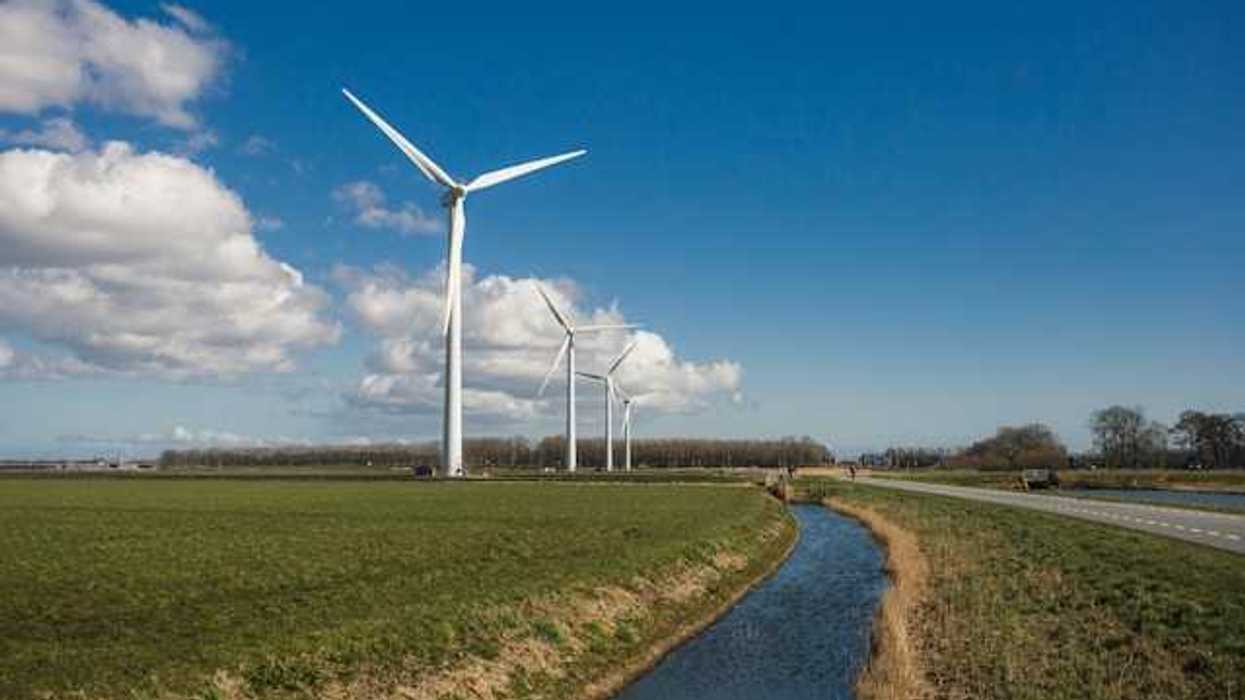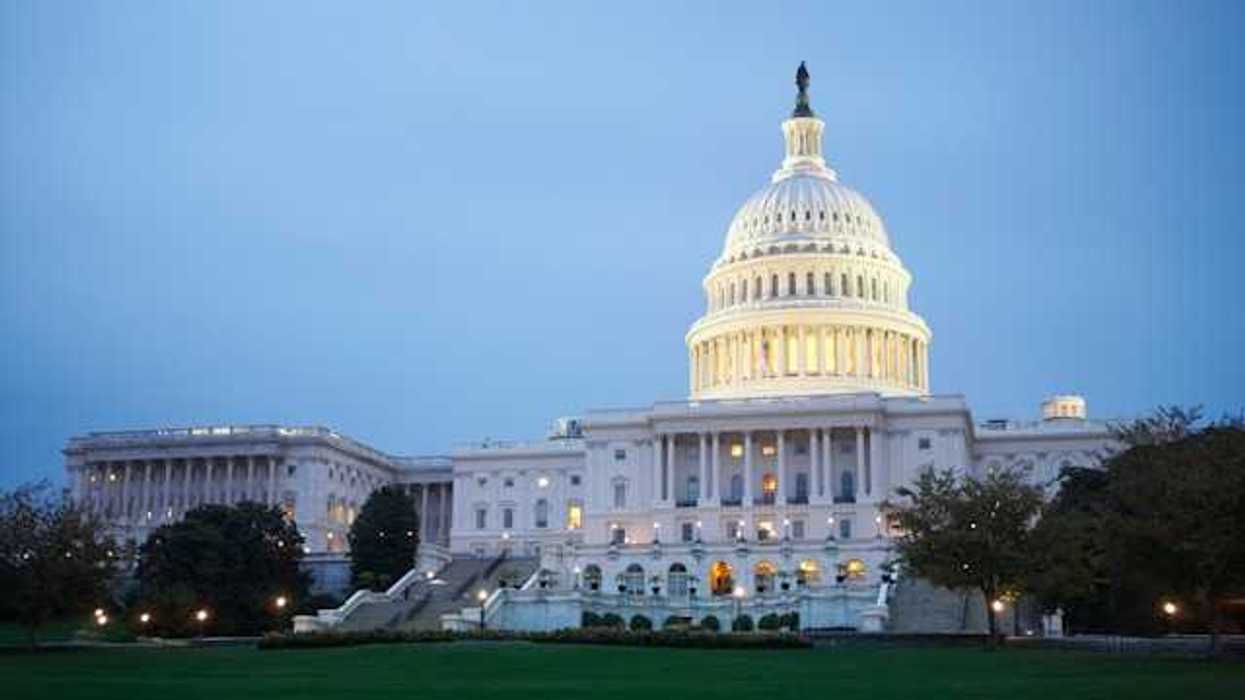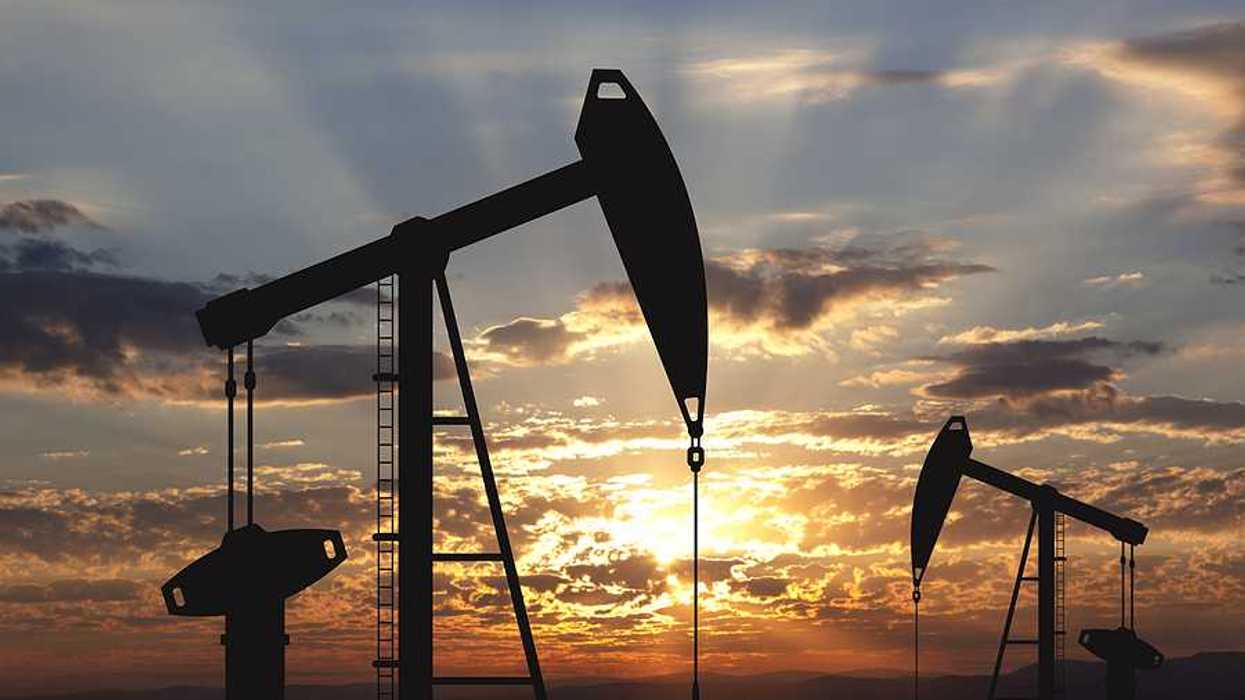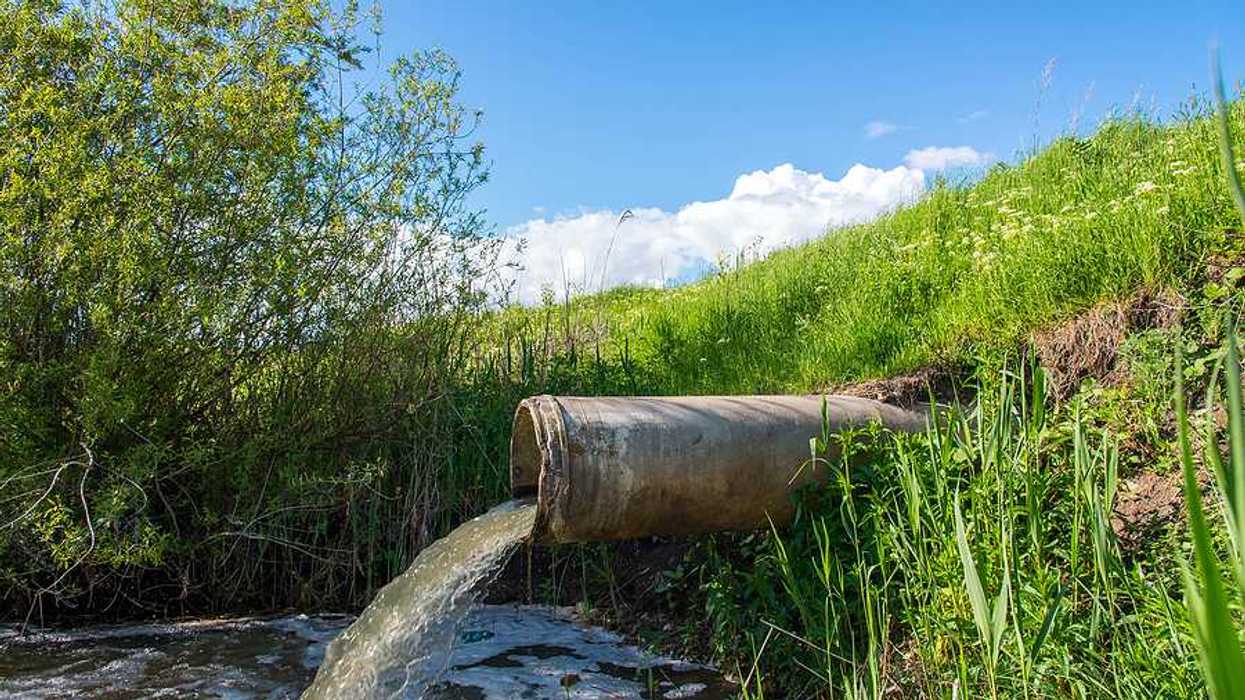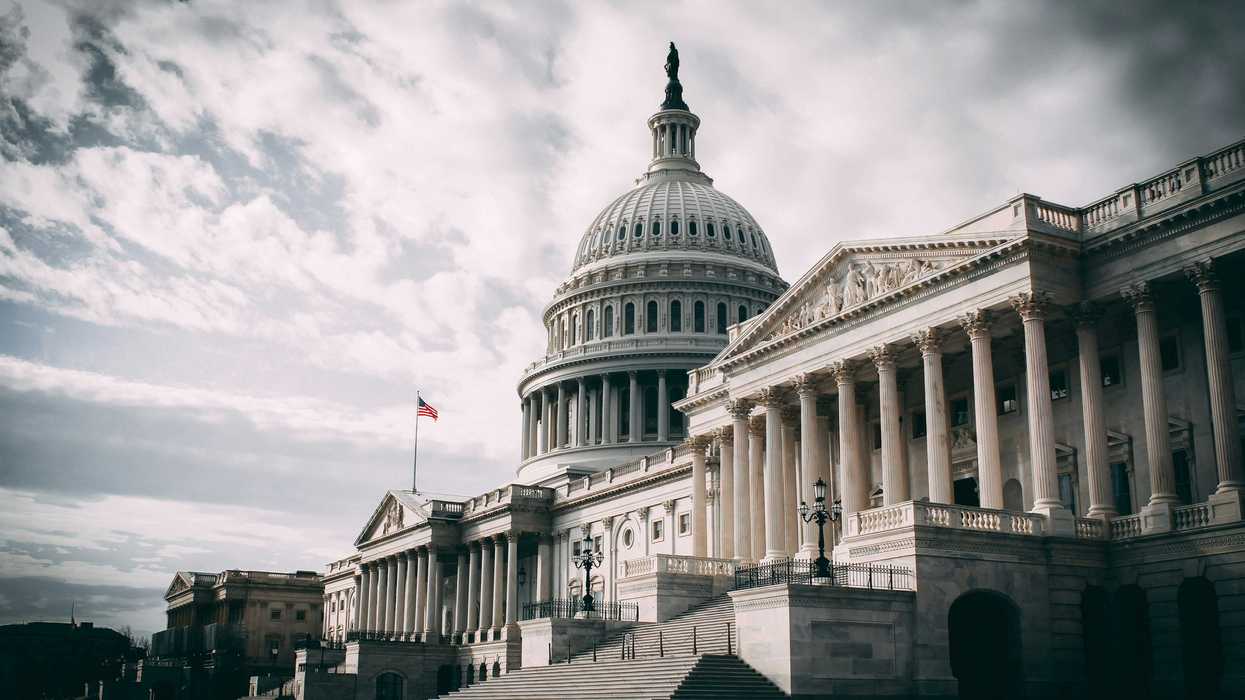Residents in Louisiana’s Cancer Alley are suing the state over a new law they say silences community air monitoring efforts that challenge petrochemical pollution.
Basav Sen writes for Louisiana Illuminator.
In short:
- Louisiana passed a law requiring only U.S. Environmental Protection Agency-approved air monitors — costing nearly $800,000 each — for public reporting, effectively shutting out grassroots efforts.
- Sharing data from other equipment can lead to fines up to $1 million, targeting communities trying to prove environmental violations.
- Local environmental justice groups argue in court that the law violates their First Amendment rights and is part of a broader pattern of silencing dissent.
Why this matters:
Air quality monitoring is often the first and only way communities near industrial zones can document exposure to harmful pollutants. In places like Louisiana’s Cancer Alley, where petrochemical plants cluster near poor and Black neighborhoods, residents use low-cost sensors to track pollutants linked to cancer and respiratory illness. Restricting access to this kind of community science shuts down one of the few tools available to challenge polluters and protect public health. These restrictions shield corporate actors from accountability. When public agencies fail to act, citizen monitoring helps fill the gap. Criminalizing it risks making entire populations more vulnerable to pollution with no realistic way to prove it.
As environmental rollbacks continue under the Trump administration, laws like Louisiana’s may spread, threatening clean air protections and democratic engagement nationwide.
Related EHN coverage: “Cancer Alley” residents exposed to more than the lifetime exposure limit for cancer-causing compound: Report



